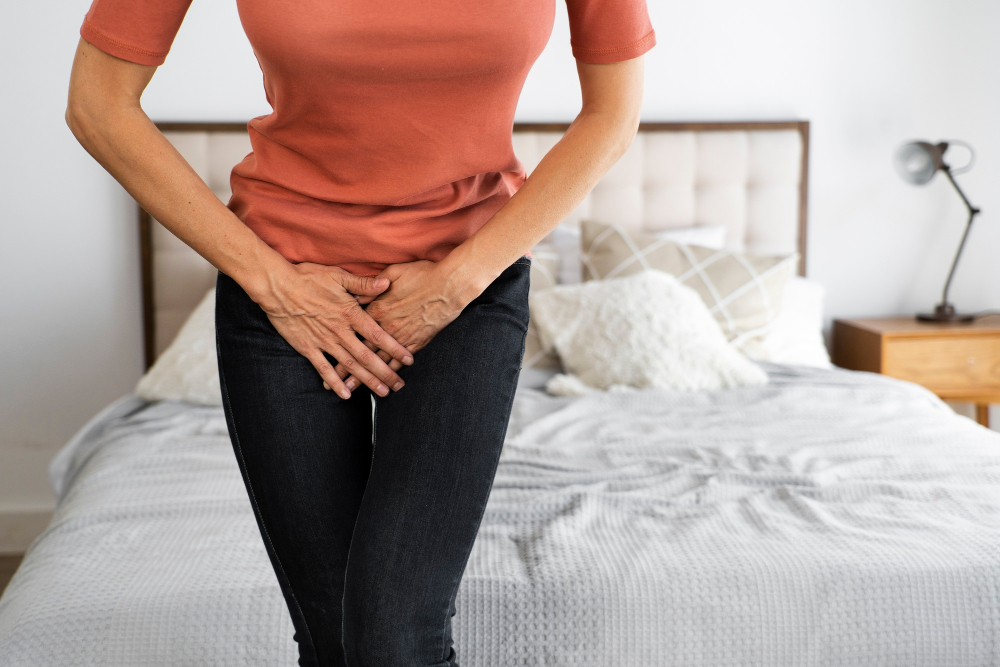If you think you have a sexual partner that might be affected by chlamydia, you should find a discreet chlamydia treatment clinic like CureDose. The condition is often asymptomatic. Treatments typically include taking the antibiotic doxycycline 100 mg twice a day for seven days. This antibiotic is 98% effective at eliminating the infection. You should avoid sexual contact with them during this time. Sexual health clinics can help you arrange for an anonymous partner notification.
Symptoms
If you have a partner who has recently had sex with you and is experiencing sore throat, redness, or any other symptoms of chlamydia, you should seek a chlamydia treatment. In some cases, symptoms will not show up until months after the infection. To prevent reinfection, treatment should be sought as soon as possible. It is important to seek a discreet chlamydia treatment if you experience these symptoms.
Most people with chlamydia do not experience symptoms and are unaware of the infection. Female carriers may not have any symptoms and may feel perfectly healthy. However, in men, chlamydia infection can cause swollen testicles and pelvic pain, and can even lead to infertility. While this sexually transmitted infection may not have any noticeable symptoms in women, if left untreated, it can lead to irreversible reproductive problems.
Treatment
Chlamydia is an infection that affects sexually active people. Some symptoms include pain, itching, and abnormal discharge in the pelvic area. It can be difficult to get tested because people may be embarrassed to disclose their private life to a health care provider. However, there are some discreet and convenient options available. One option is to get tested at a sexual health clinic or GP’s office.
It is best to seek treatment for chlamydia in a sexual health clinic. They will be able to make sure that you have a discreet method of notification. Some of these clinics even arrange for anonymous notification of previous sexual partners. Antibiotics work well to treat chlamydia. The recommended course of antibiotics is doxycycline 100mg twice daily for 7 days. It is important to take the antibiotics on time and make sure your sexual partners do the same.
Cure rate
A high percentage of women who undergo discreet chlamydia treatment develop another infection within three months of their initial therapy. Recurrent infections are usually the result of reinfection with another C. trachomatis strain. A recurrence of this infection carries a high risk for PID and other complications, even if the patient is previously cured. Therefore, it is critical to seek prompt treatment to reduce the risk of reinfection.
A retesting is necessary three months and twelve months after the initial treatment. During the first treatment, retesting is recommended, but may not be possible. Ideally, retesting should occur whenever the patient seeks medical care, but this is not always possible. The most reliable treatment method is the use of an infected swab containing a dilution of the bacteria.
Testing
There are a variety of at-home chlamydia tests. Whether you are planning to get discreet treatment or want to make sure you are STI-free, at-home tests vary in cost, coverage, and ease of use. Some companies even offer tests for pregnancy or HIV. While an at-home test may cost less, an in-office test is a better option for many. Getting tested is a good idea regardless of where you live, whether you are in a public place or in a private space.
Among the most common sexually transmitted diseases, chlamydia is one of the most easily treatable. Because it is caused by bacteria, it can spread through direct genital contact, and a majority of patients don’t have symptoms. Symptoms may include itching, burning, and colored discharge. Treatment typically consists of antibiotics. Gonorrhea is another STD that is easily treatable. The infection can cause severe complications, including the development of HIV and reactive arthritis.
Prevention
While most people who have sexual intercourse have no reason to be concerned about chlamydia, it is important to protect yourself from this infection. If you’ve recently switched partners, haven’t used barrier contraception, or share sex toys, you could be at risk. To avoid spreading the disease, make sure that all sex toys are clean, and cover them with a condom.
Routine screening for sexually active young men is not recommended in most areas, but it is encouraged in high-prevalence regions. Diagnosis with NAATs is the most sensitive method. There are two highly effective therapeutic regimens available to treat chlamydia, doxycycline and azithromycin. Some studies suggest that delay in diagnosis is associated with adverse effects. Chlamydia is often difficult to detect early, but discreet treatment will reduce your chances of infection.

